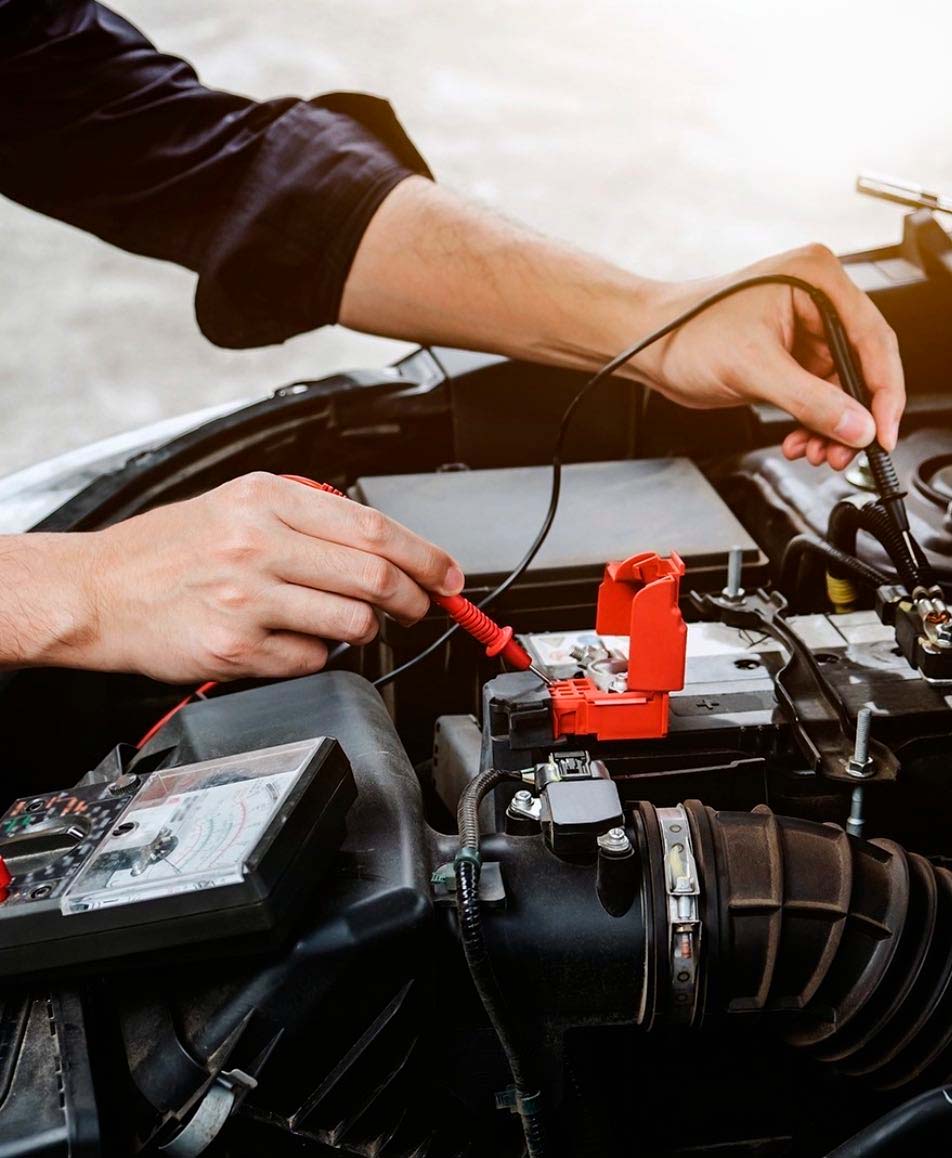The modern car has become a part of everyday life in recent years. Car owners rely on their vehicles to transport them safely and reliably wherever necessary. But what happens when an essential component stops working? A car battery is integral to any vehicle, providing the electrical current that powers many functions and features. Without it, your car won’t start or run. This article will examine the role of a car battery in how a vehicle works and answer the question: will a car run without a battery? We’ll delve into what happens when your battery fails, how you can tell if it’s faulty, and whether you can start or drive your car without it. Finally, we’ll explore alternative solutions that may help get you back on the road quickly and safely.
 Will Car Run without a Battery?
Will Car Run without a Battery?
The short answer is no; cars cannot run without a battery. Without it, the vehicle will not start or function correctly. The battery supplies energy to both the starter motor and ignition system, enabling the engine to crank and begin. Additionally, it powers other electrical components such as lights, radio, air conditioning, and windows. None of these functions work when the battery runs out of charge or fails completely. However, there are ways that you can get your car running again if the battery dies suddenly.
You can jump-start your car by connecting another vehicle’s battery using jumper cables to supply power temporarily until you can replace it with a new one. When selecting a replacement, choosing the best group 65 battery can ensure longevity and reliability, as these batteries are known for their superior performance and compatibility with a wide range of vehicles. Alternately, you know that your car won’t be used for long periods of time. In that case, you may consider disconnecting the battery so as not to deplete its charge completely when there isn’t enough current generated from driving or charging sources like an alternator or outlet charger.
The Risks of Running without a Battery
As mentioned previously, running a car without a battery is not recommended. The risks are numerous; without the battery, electrical components may become damaged or even short-circuit. Additionally, if you’re jump-starting your vehicle with another car’s battery, there is always the risk of reversing the polarity and causing a spark. It could lead to fire or other safety hazards. It’s also important to note that running a car without its main power source can cause other components to wear out more quickly due to an inability to function properly. It includes the alternator, which will be forced to work harder to provide enough electricity for all systems and peripherals. Eventually, this could lead to problems such as dimming lights or other electrical issues due to insufficient voltage supply.
Conclusion
In conclusion, cars cannot run without a battery. This is because the battery provides power to all of the vehicle’s electrical components and systems, such as the starter motor and ignition system, lights, radio, air conditioning, and windows. If your car’s battery fails or runs out of charge suddenly, you can jump-start it with another vehicle’s battery or disconnect it completely for short-term storage. However, running without a battery may lead to other component failures due to an inability to function properly or insufficient voltage supply from the alternator. Therefore, we recommend replacing any faulty batteries as soon as possible to maximize road performance and safety.

 Will Car Run without a Battery?
Will Car Run without a Battery?